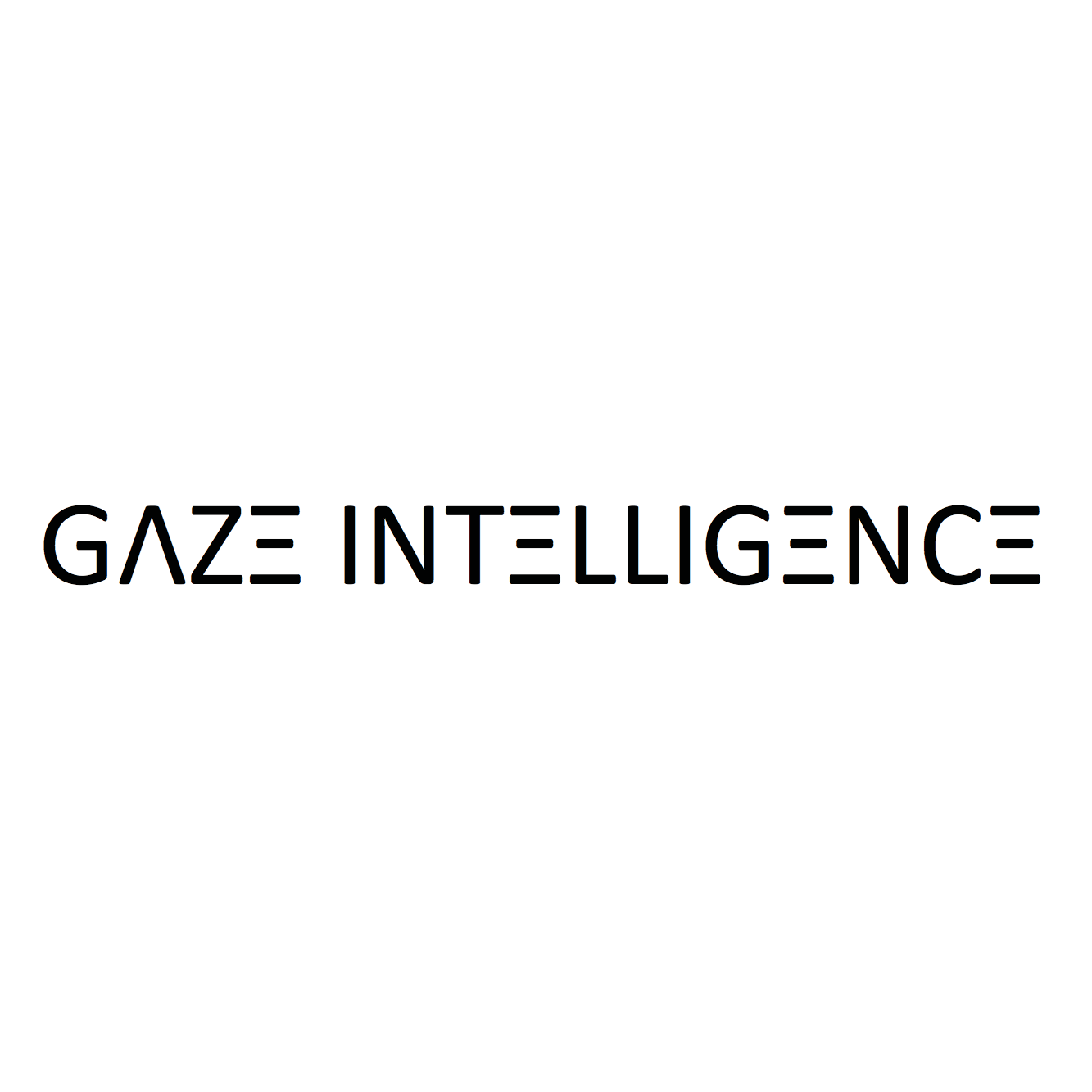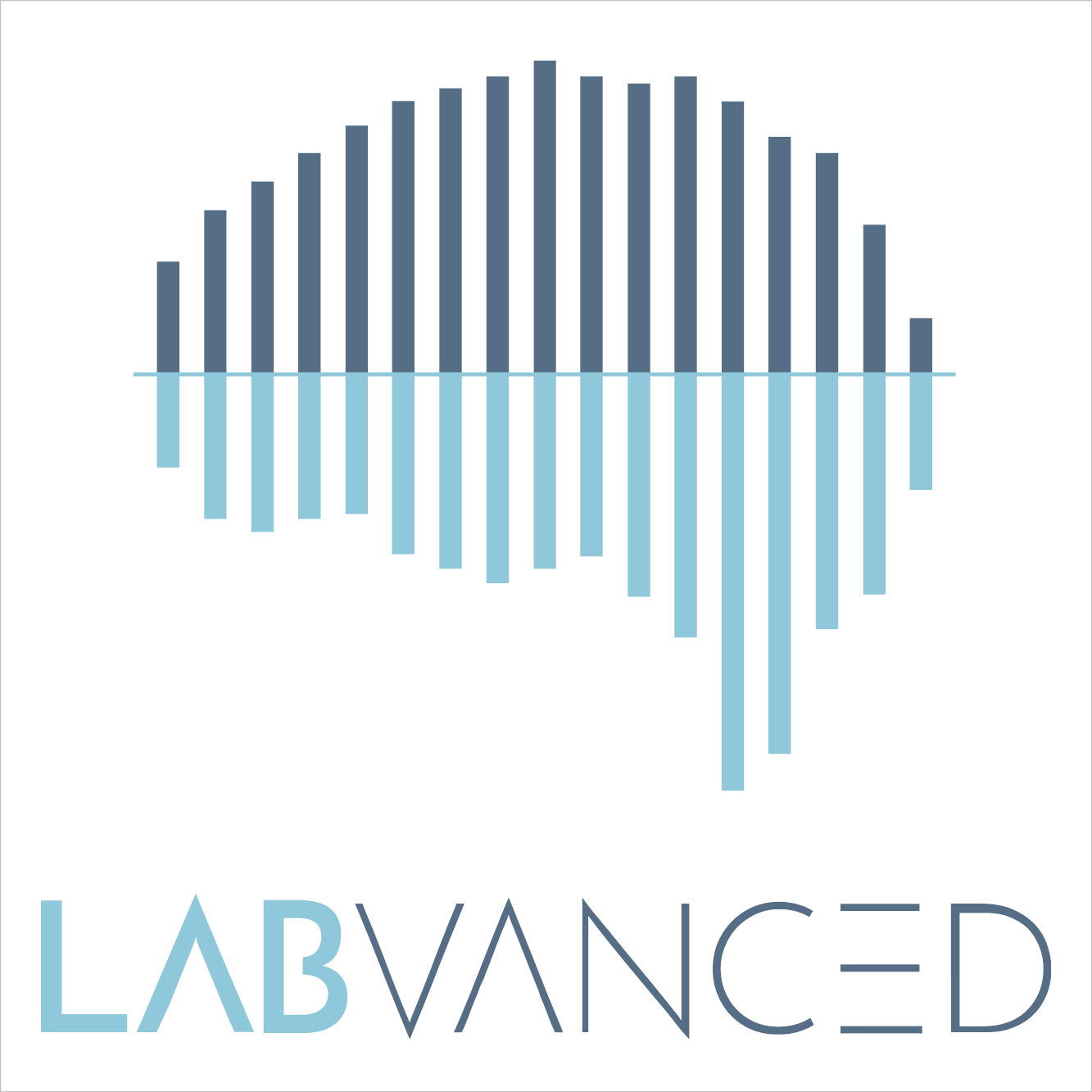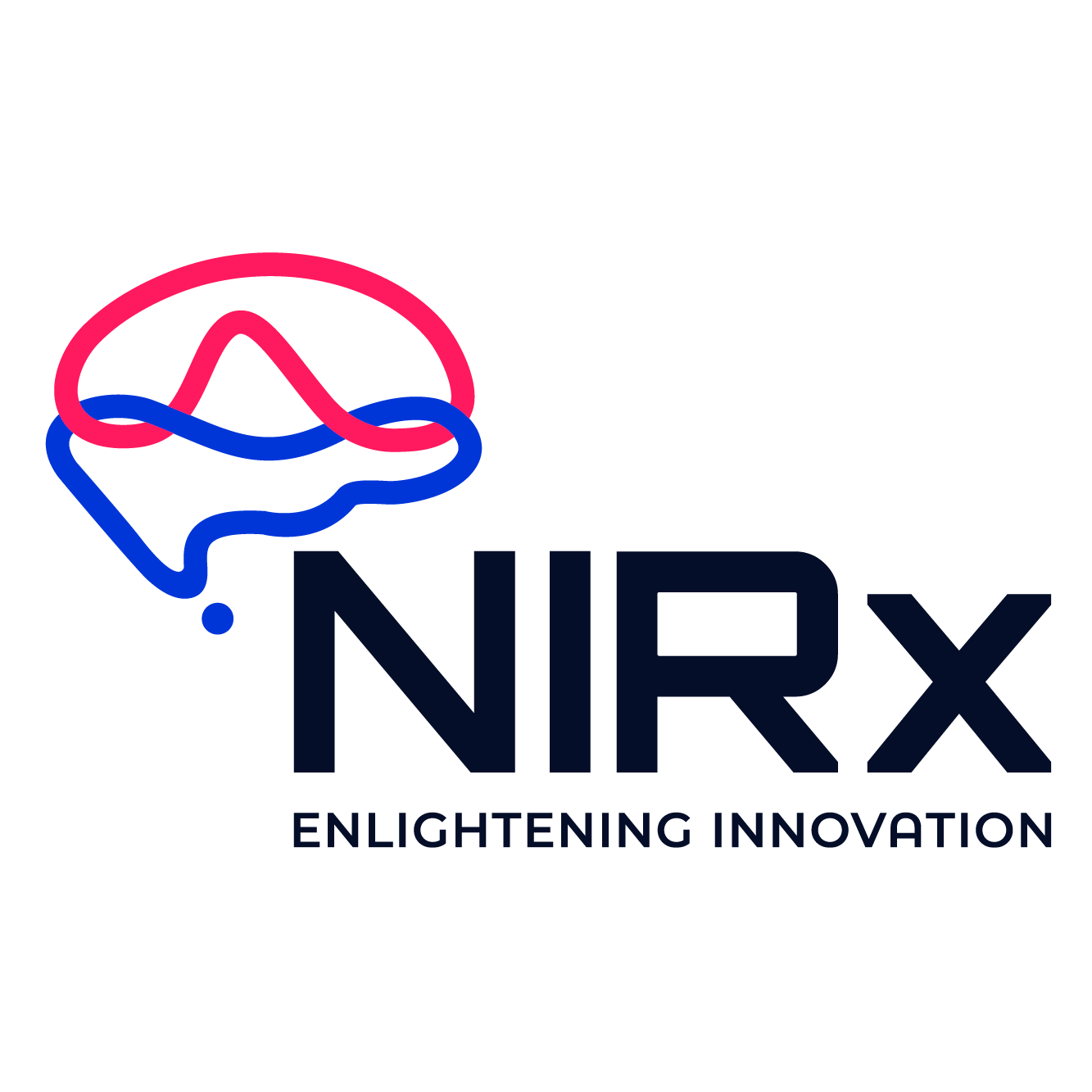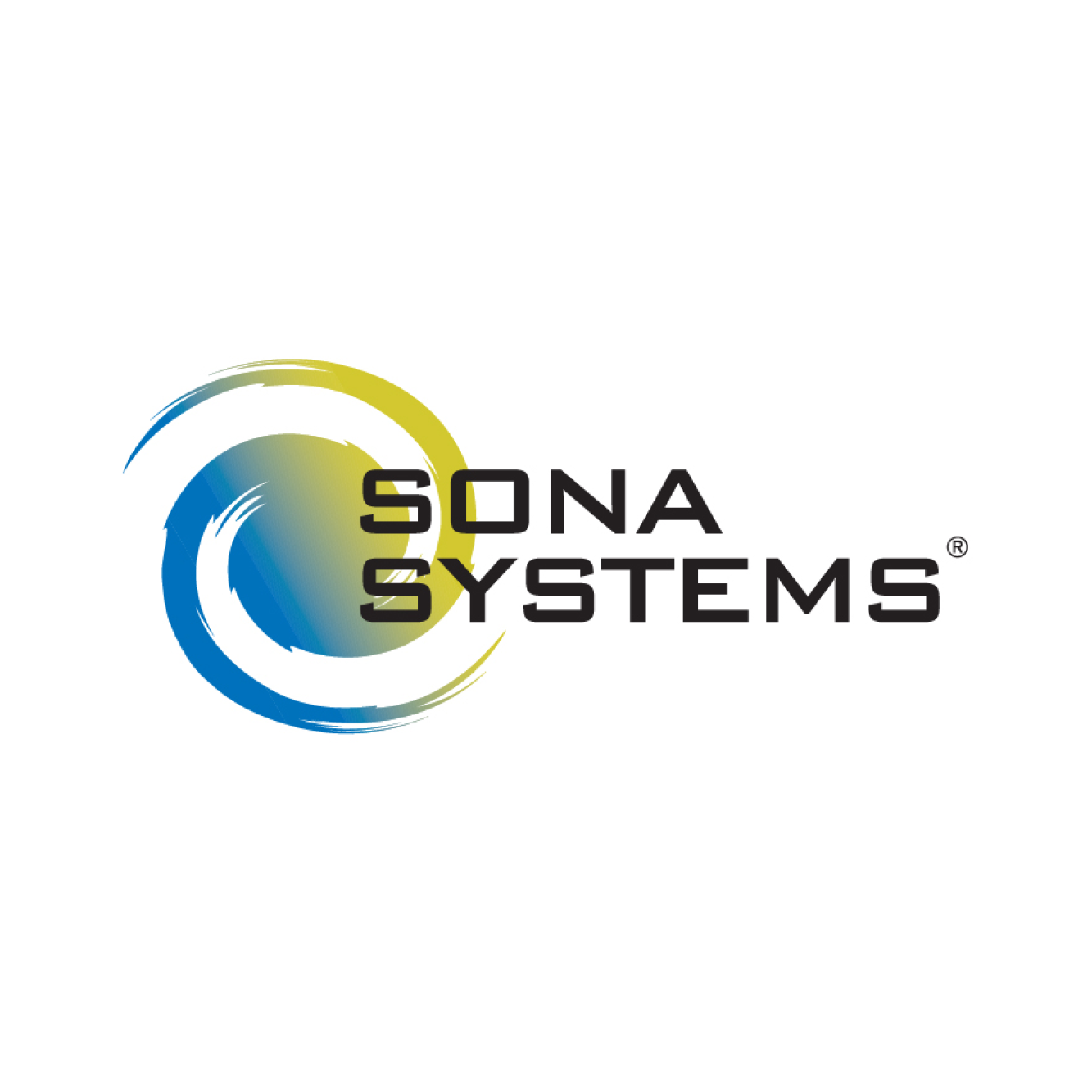Ana María González Roldán will start presenting data from several electrophysiological studies examining how aging and chronic pain may mutually contribute to enhanced pain perception. Further expanding on chronic pain, Joukje Oosterman will present a study on the underlying neural mechanism of loss of control over pain in aging, a predictor for future chronic pain. She will focus on age-related changes in function and EEG-connectivity in brain circuits involved in pain processing in relation to top-down cognitive modulation of pain control. Turning to distraction from pain as a top-down inhibitory process, Marian van der Meulen will discuss the relationship between functional connectivity during resting state and the distraction effect size in younger and older healthy adults. The role of executive functions and age-related cognitive decline in distraction from pain is addressed by Angelika Dierolf, presenting results of an EEG study. Finally, Sven Philipsen will discuss the impact of acute stress on the efficacy of distraction from pain in young and older adults.
cherished phenomena.
between language, cognition and performance, this symposium aims at bringing together different research endeavours and stipulate discussions and cooperations among involved researchers.
Registered Reports are a form of preregistered empirical article that aims to eradicate publication bias and reporting bias by performing peer review before research commences. Publishability is then decided by the scientific validity of the research question and quality of the methodology, and never based on the results. In this talk I provide an update on the progress of Registered Reports since they were first launched in psychology over 10 years ago, including adoption by more than 300 journals and early evidence of positive impacts on the field. I will also discuss “Registered Reports 2.0” in which the format is transcending journals altogether. 2021 witnessed the creation of the Peer Community in Registered Reports (PCI RR): a free, non-commercial platform that coordinates the peer-reviews of RR preprints (https://rr.peercommunityin.org/about/about). Once a submission is accepted following peer review (or, in PCI terms, “recommended”), the revised manuscript is posted at the server where the preprint is hosted, and the peer reviews and recommendation of the preprint are posted at the PCI RR website. PCI RR is also joined by a growing fleet of “PCI RR-friendly” journals that accept the recommendations of PCI RR without further peer review (https://rr.peercommunityin.org/about/pci_rr_friendly_journals), giving the authors the power to choose which journal, if any, will publish their final manuscript. By reclaiming control of the peer review process from academic publishers, PCI RR offers a route for ensuring that Registered Reports are made as open, accessible, and rigorous as possible, while also creating a future in which academic publishers will need to add genuine value to the community in order to survive.
Demo PreReg: Preregistration in Psychology (Room B21)
Instructor: Lisa Spitzer, Leibniz Institute for Psychology (ZPID)Website: https://prereg-psych.org/
Preregistering studies is an effective open science technique because it documents which (analytical) decisions were made prior to knowing the data. However, preregistration involves additional effort. ZPID, the Leibniz Institute for Psychology, fosters open science practices in psychology and related disciplines by providing researchers with tools and services at each stage of the scientific process. The Pre-Registration in Psychology platform (https://prereg-psych.org) provides information on preregistration, templates for creating your own preregistration, and the possibility to easily submit and publish to a repository. The platform is introduced in this demonstration.Requirements: Bring a laptop, if you want to click along but just watching is fine.
Demo DataWiz: Research Data Documentation in Psychology Made Easy (Room B22)
Instructor: Katarina Blask, Leibniz Institute for Psychology (ZPID)Website: https://datawiz2.dev.zpid.de/
In recent years, it became obvious that Open Science practices, like sharing research data in a (re)usable way means additional effort. In particular, the quality-assured and sustainable provision of research data requires at least a minimum of data documentation. For optimal (re)use, typically three levels of data documentation or metadata are needed: (1) The basic resource description for collection management and resource discovery (Dublin Core); (2) the study-level documentation for research context and methods; and (3) the data-level documentation (codebooks or data dictionaries).In order to facilitate the laborious task of data documentation in psychology, a web-based tool - named DataWiz - was developed. The primary goal of the development project funded by the German Research Foundation was to lower the hurdle to do data documentation and to make it an integral part of common research practices in psychology. This demo aims to introduce the documentation module of DataWiz, which allows researchers to create a research data object containing the data and metadata in a non-proprietary format that can be uploaded to research data repositories.
Requirements: Bring a laptop, if you want to click along but just watching is fine.Demo emoTouch Web: A Web-Based System for Continuous Response Studies and Audience Feedback in Live-, Lab- and Online Settings (Room A8)
Instructors: Christoph Louven, Carolin Scholle, Fabian Gehrs, Osnabrück University, GermanyWebsite: https://www.emoTouch.de
emoTouch Web is a new web-based system for designing, conducting, and evaluating continuous response real-time studies. It is based on web and network technologies and turns any modern smartphone, tablet, laptop and desktop computer into a flexible and reliable research and audience feedback tool in laboratory, online, and live settings.The interface of emoTouch studies is completely configurable and may contain an unlimited number of interface elements like one-dimensional sliders, 2D rating areas, category scales, checkboxes, buttons, images and text elements. Any audio or video files can also be integrated and will play from the participant's devices. The interface will dynamically adapt to the various screen sizes and ratios.
Once a study is designed and started, it can be accessed just by scanning the study's QR Code. Subjects can even participate with the smartphones they carry in their pockets anyway ('Bring-Your-Own-Device', BYOD). This easily enables e.g. audience studies and feedback situations with hundreds of participants at the same time.
For the evaluation of the collected real-time data, emoTouch also contains coordinated tools for the graphical and numerical display and analysis of the data in longitudinal and cross-section.
emoTouch Web can be useful in all disciplines that deal with time-bound phenomena, such as music, theatre, dance, film, commercials, lectures, speeches or sport events. The system was developed at the musicology department of Osnabrück University (Germany) and is available free of charge for scientific purposes at https://www.emotouch.de.
The demonstration shows the possibilities of the system as well as the flow of a typical research process with emoTouch Web.
Requirements: For an active participation in a demo study, you will need a reliable wifi connection, a smartphone, tablet, or laptop. To actively try the system's researcher interface, you will need a laptop.Demo PsychNotebook: Create, share, and export your code projects / teach coding (Room A6)
Instructor: Lars Braun, Leibniz Institute for Psychology (ZPID)Website: https://www.psychnotebook.org/
PsychNotebook is a platform that offers statistical software such as RStudio and JupyterLab in an online environment. It is a tool to promote open science, in particular transparent and reproducible analyses, with a focus on teaching and collaboration.PsychNotebook supports teaching (and learning) code-based analyses by removing the hassle of installing or setting up software. In PsychNotebook you can create projects that contain scripts, data, instructions and more. You can share your projects with your students (copy access) or your collaborators (edit access) so that recipients work with exactly the same files in exactly the same software environment. Problems caused by working on different versions or in different directories are thus eliminated. Likewise projects can be easily archived and then imported again, resulting in the same scripts running in the same software environment as before. In this demonstration, I will introduce the features of PsychNotebook described above.
Requirements: None, maybe laptop, if you want to click along.Demo PsychArchives: The disciplinary Repository for Psychological Science (Room A7)
Instructors: Yi-Hsiu Chen & Lea Gerhards, Leibniz Institute for Psychology (ZPID)Website: https://psycharchives.org/
This demo will introduce PsychArchives, the disciplinary repository for psychological science. Recent years have seen the gradual but sustained growth in practices collectively known as ‘Open Science’. Part of this ongoing cultural change, which is well underway in Psychology, has been a growing advocacy for transparency and access to research output from across the entire research cycle. PsychArchives, which is maintained by the Leibniz Institute for Psychology (ZPID), provides the necessary sustainable infrastructure to achieve these goals. In PsychArchives, a variety of digital research objects, including articles, preprints, research data, code, supplements, preregistrations and tests, are safely stored and made accessible for the long term.Requirements: None.
measures for well-known experimental paradigms. Sascha Meyen will demonstrate a new test of reaction-time differences, which offers an improved indirect measure and provides evidence against unconscious processing in contextual cueing. In the area of priming, Thomas Schmidt will talk about a new theory of visibility focusing on the critical stimulus feature that generates the indirect effect and must be assessed in the direct measure. The final three talks will present new analyses for data that presumably show an indirect-without-direct pattern. These data often suffer from regression to the mean (RttM), defined as the statistical phenomenon that makes natural variation in repeated data look like real change. When direct measures are contaminated with measurement error, low awareness scores will tend to be followed by awareness scores closer to the mean. Itay Yaron will outline a solution to the RttM problem that uses a widely applicable bootstrapping algorithm based only on a small set of assumptions. Simone Malejka will present a method of true-score estimation based on the Bayesian principle of shrinkage, which corrects noisy data and can solve RttM and related measurement biases. Lastly, Zoltan Dienes will demonstrate how Bayes factors can provide evidence for (or against) one’s theory in the presence of measurement error by testing an interval null hypothesis of zero awareness in post-hoc trial selection.
information search as an evidence accumulation process. As a whole, the collection of talks suggests that our explanations of cognitive capacities and the phenomena they produce can be improved by postulating how these capacities implement a strategic information search.
If you have ordered a ticket for the Guided City tour, your Conference Badge shows a little monument with a letter. The letter signifies your group for the guided tours, all guided tours will start in front of the Porta Nigra at 6 p.m..




